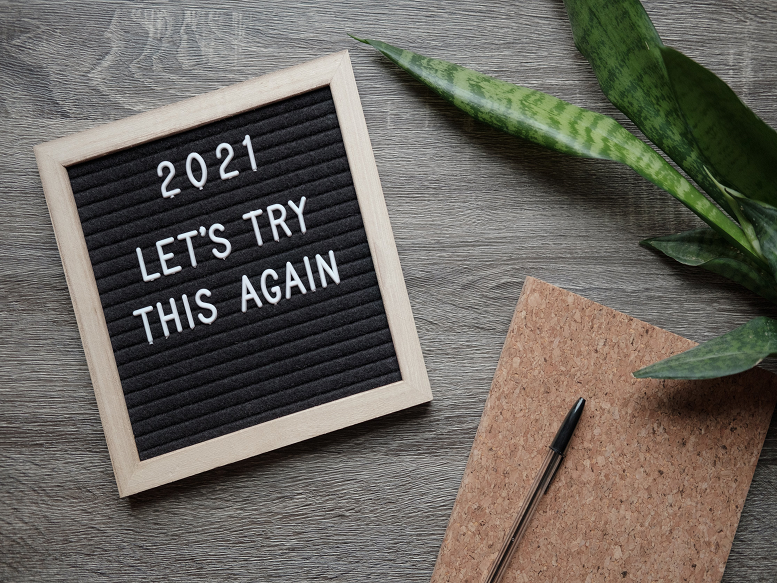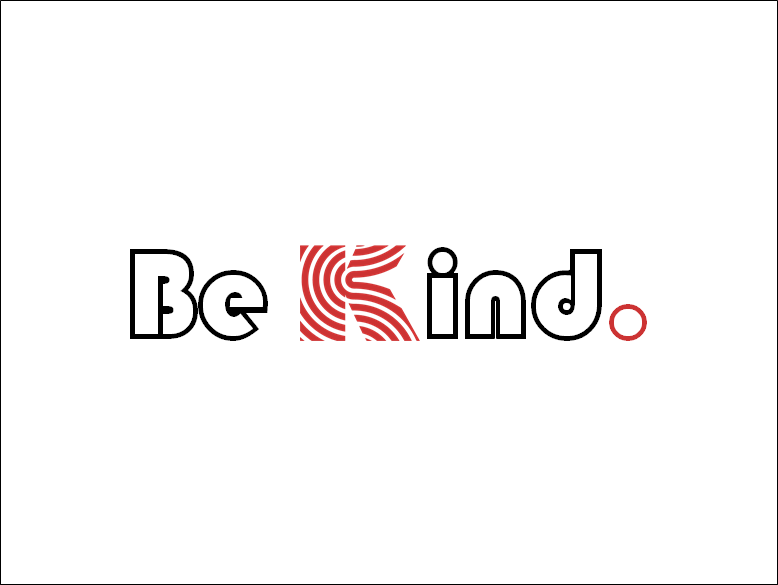Research shows that 75-90% of all doctor’s office visits are for stress-related ailments and complaints. Additionally, 43% of all adults suffer adverse health effects from stress and…(as if that is not enough) the Occupational Safety and Health Administration (OSHA) has declared stress a workplace hazard. Stress costs American industry more than $300 billion annually! What is wrong with this picture???
We all know that a little stress is OK. It keeps our fight-or-flight juices working, and often helps us get the job done. And, we all know someone who lives by the motto: “I do my best work under pressure.”
However, too much stress can contribute to a laundry list of health issues, including headaches, nausea, high blood pressure, chest pain, and insomnia. Not to mention how being over-stressed (and no doubt cranky!) can impair relationships, decrease productivity, and increase the risk of accidents.
Having too much stress, or as we call it at Lumina Learning, being “overextended,” can even turn your positive qualities into negative ones. For example, someone who is detail-focused and analytical may exhibit “analysis paralysis” when overextended. Someone who is typically creative and social, may become impulsive and over-emotional under extreme stress. And the “people person” who brings harmony to every meeting may suddenly become stubborn and resistant. When Mr. Nice Guy turns into Attila the Hun, it’s time to get a handle on stress.
So…how do you do it? Start by taking some time to sit down and review your day, your week, your life. Where and when do you notice your body crying “uncle” via a headache, mood swing, or other physical signal? Can you identify particular responsibilities, activities, people that are stress triggers for you? Is it the unexpected that gets to you, the volume of work, the work itself, or the fact that you never seem to get a break?
Write your personal/professional stressors down and then select and prioritize three that you will work on to reduce. Do you need to have a “difficult conversation” with someone to resolve a lingering issue? Do you need to request more resources to meet a looming deadline you are worried about? Ask for what you need.
And, to get started on reducing your stress level in general, here are some stress busters for you.
Set boundaries. Establish a time after which you do not take work phone calls or respond to work emails, texts, smoke signals, whatever. Manage expectations about your “work hours.”
Be willing to say “no.” When asked to do something with a clearly unreasonable deadline, or without appropriate resources, explain the impact it will have on your current work. Offer alternative dates or suggest alternative resources.
Stop and pause. Do a personal check-in. Adjust priorities, if necessary. Take a break.
Breathe. Deeply and often. Consider meditation. Take a walk in the park or along the beach.
Laugh. I can’t recommend this enough. Find something to laugh about every day. It’s good medicine!
“Laugh when you can, apologize when you should, and let go of what you can’t change…Life’s too short to be anything but happy.” – Unknown
Till next time,
Karen









